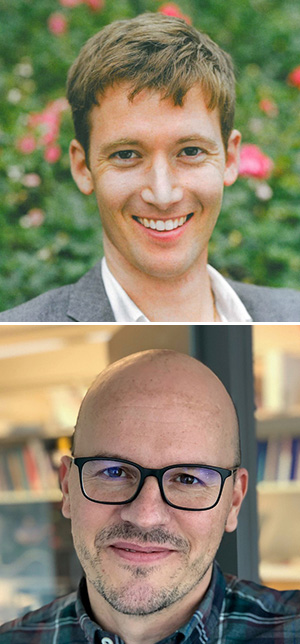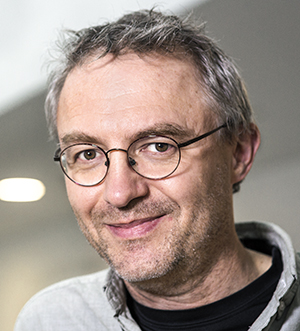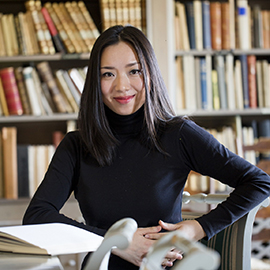Newsmakers at KTH
Who has received what when it comes to funding? What findings, results and researchers have attracted attention outside KTH? Under the vignette Newsmakers, we provide a selection of the latest news and events at KTH.

Mass home testing for antibodies
The Vinnova research council has provided SEK 2 million to support a KTH project headed by researchers Niclas Roxhed and Jochen Schwenk for the large scale testing of antibodies to Covid-19. The tests are done using a sample taking kit that can be used at home and then sent by post for analysis. One drop of dried blood is enough to measure antibodies for eight different kinds of virus proteins. The project aims to develop methods and processes to be able to manage large numbers of samples. The tests are oriented towards employees and can help companies that have been hard hit by the crisis to get their business up and running again quickly in a safe way. KI, Previa and three smaller companies are also working with KTH on the project. They hope to be able to start commercial testing of the kits in November. By the end of the project in March next year, up to 4,500 tests per day should be able to be analysed.
Students investigate artificial music
Masters’ dissertations by two students at KTH, Elias Lousseief and Ulme Wennberg, have won the SAIS Best AI Master Thesis Award.Lousseief’s work, which was published at the 2019 Nordic Sound and Music Computing Conference, investigates the creation of music based on machine learning. Wennberg’s dissertation is within the area of Natural Language Processing and was published in part at the EMNLP2019 Conference.
Research cooperation with Taiwan

Two researchers at KTH have each been granted SEK 10 million from the Foundation for Strategic Research for partnerships with Taiwanese researchers. Within his Scalable CMOS-Integrated Nanopore-based Biosensors Project, Göran Stemme , Professor of Micro and Nanotechnology, is going to develop nanopores with a diameter of less than 3 nanometres in solid materials and that can be produced in a scalable way. The intention is to use nanopores to help diagnose diseases such as cancer and to boost future medical product development. Within the project Two Dimensional Quantum Optoelectronic Components, Val Zwiller , Professor of Quantum Nanophotonics, aims to develop the industrial production of new materials with direct applications in new communication technologies.
Rock mechanics award
Amanda Åkerlind, who studied the Built Environment Programme at KTH, has won the Rock Mechanics Day Prize for her degree project within soil and rock mechanics. She was awarded a diploma and scholarship for her project “Elastic properties of the Singö Zone from a Discrete Approach”. In the words of the jury, her thesis work shows that the method Åkerlind used can be a practicable way to estimate the elastic properties of weakness zones and rock mass.

Architectural studies of green and social environments
Four architects at KTH have been awarded scholarships by the Good City Riksbyggen Jubilee Fund. One of the award winning projects, Alleviating Loneliness for a Better and Happier City, that was headed by Doctoral Student Jing Jing and Docent Tigran Haas , received SEK 160,000. By engaging in a detailed study of the local street environment, the project seeks to provide answers to how densely populated areas can be designed to stimulate social interaction in the neighbourhood. Another project, Architectural Strategies for Green Areas around Stockholm, that is headed by KTH lecturers Hanna Erixon Aalto and Ania Öst , has been awarded SEK 200,000 and will look at how to achieve a broader consensus on housing development projects in or adjacent to these green areas.
Text: Christer Gummeson